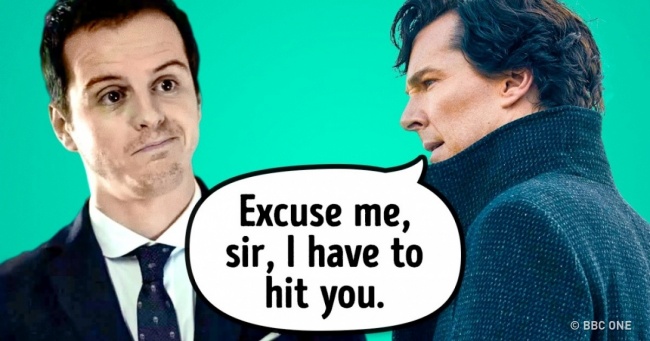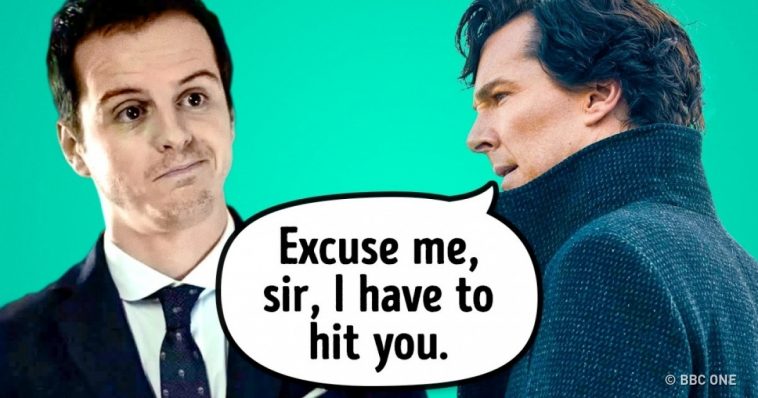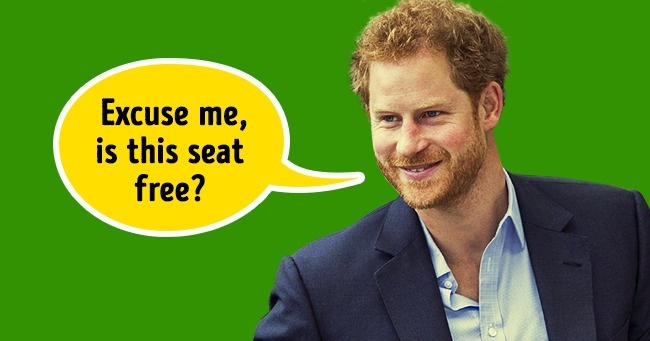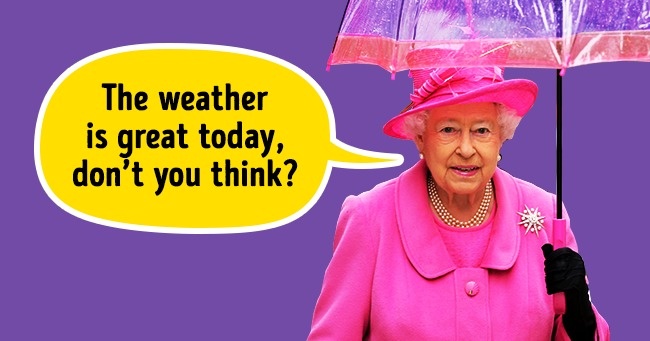6 Ironclad Rules of English Politeness Everyone Should Adopt

Anthropologist Kate Fox is a true Englishwoman. In her book Watching the English: The Hidden Rules of English Behaviour, she describes English society from the inside.
FunnyModo lists the rules followed by the residents of England. Maybe we should take note of a few things?
The rule of apologies
Kate conducted an amusing experiment: she “accidentally“ bumped into passers-by to see if they would apologize. In most cases, they did.
The English say ”sorry“ for any accidental contact, even if the bump wasn’t really their fault. This doesn’t mean they blame themselves in the situation. Their apologies are a reflex developed in childhood.
The English apologize for any violation of another person’s peace: “Excuse me, is this seat free?” ”Excuse me, but you seem to have sat down on my coat.” They deserve the reputation of the most polite nation in the world.
The rule of queues
Any English line is a smooth row of people keeping a distance. If someone suddenly tries to break the line, the English don’t reprimand them. Instead, they meaningfully raise their eyebrows or shrug their shoulders. “No public scenes” is one of the ironclad English rules. The person has already humiliated himself — yes, they saved a few minutes, but didn’t they lose their dignity?
The rule of nonseriousness
The English regard themselves and their successes with a touch of irony. Their diplomas might hang somewhere on a bathroom wall, and they learn from childhood not to be too serious about themselves. A person with great conceit who adores talking about their own achievements risks being ridiculed.
The English won’t tire their interlocutor by speaking about themselves. Instead of trying to interest them by enumerating their merits, they’ll wait for the interlocutor to show sincere interest in them.
The rule of modesty
The English are no less ambitious than other nations, but they think it’s shameful to boast about it. It’s not customary to demonstrate their status: neither clothes nor fancy cars should show that a person is in some way superior to others.
The rule of acquaintance
The English faithfully respect the right to privacy. “We don’t stick our noses into other people’s business,” they say proudly of themselves. You’d better not ask the English about their work, family status, or number of children if they don’t speak about it first: it’s rude, as is talking about money and salary.
The rule of talking about the weather
What to talk about then? The English have perfectly mastered the art of small talk: short conversations on neutral topics. And these conversations aren’t some kind of formal nonsense but a generally accepted form of showing goodwill. You shouldn’t necessarily keep a moody silence if you ride an elevator with a neighbor. Why not, for example, exchange some small talk about the weather?
Despite the English being modest, they pay their interlocutors dozens of compliments. It’s not flattery for them but simple politeness. True English politeness.
Preview photo credit BBC One
Based on materials from Watching the English: The Hidden Rules of English Behaviour







Comments